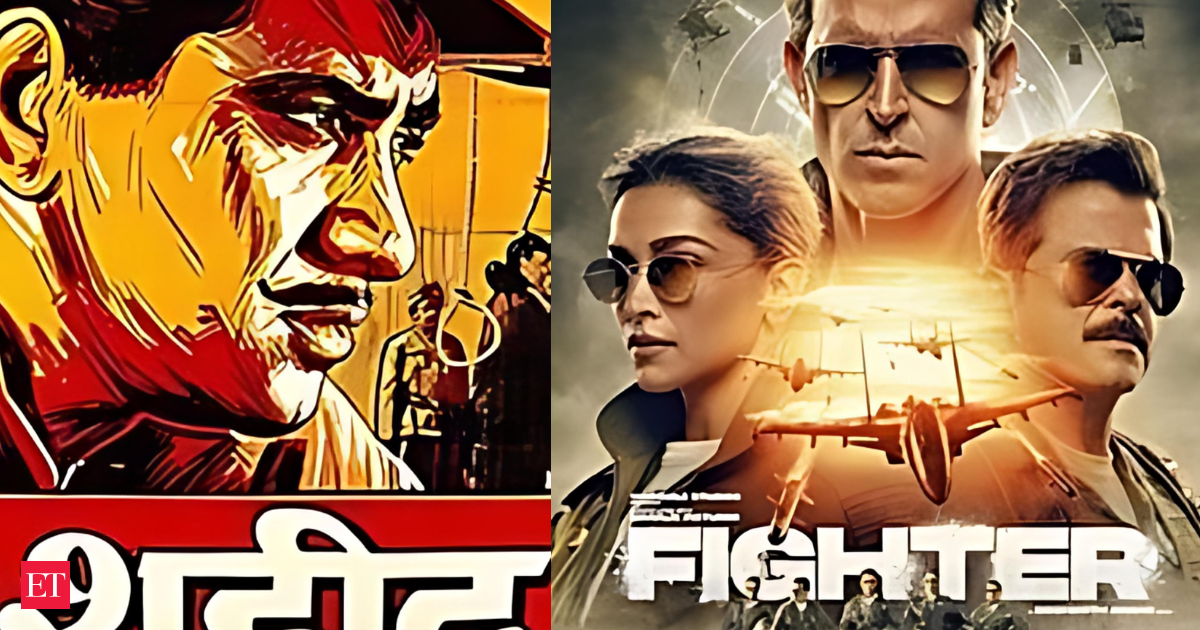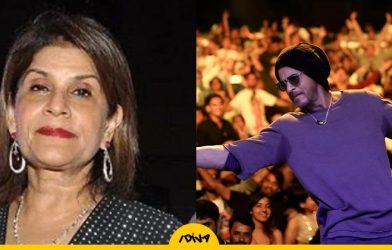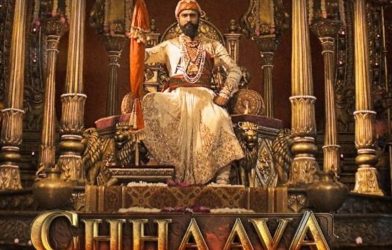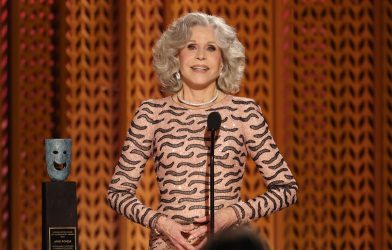Early depictions of Independence
In the early years following Independence, films like “Kismet” (1943), starring Ashok Kumar, and “Shaheed” (1965) featuring Dilip Kumar, set the tone for patriotic cinema. These films, with their stirring songs and plots, resonated with the fervour of the freedom struggle and the nation’s aspirations.
Nation building and the post-Independence era
As India transitioned from rebellion to nation-building, the focus of patriotic cinema shifted. The 1950s and 1960s saw films like “Do Bigha Zamin” (1953), which portrayed the struggles of farmers, and “Haqeeqat” (1964), a poignant depiction of the India-China war. These films celebrated individuals contributing to the nation’s development—engineers, soldiers, and farmers—reflecting the ethos of a newly independent India.
Cultural pride and conflict
The 1970s brought a wave of multi-star films such as “Purab Aur Paschim,” “Roti Kapda Aur Makaan,” and “Balidaan.” These movies highlighted Indian culture while dramatising perceived threats, showcasing both the richness of Indian traditions and the challenges faced by the nation.
Satire and diverse narratives in the 1980s
The 1980s introduced a more varied cinematic landscape. While films like “Kranti” offered fictionalised portrayals of the freedom struggle, others such as “Jaane Bhi Do Yaaron” and “Albert Pinto Ko Gussa Kyon Aata Hai” used satire to address societal issues. Shashi Kapoor’s “Vijeta” also stood out for its subtle portrayal of patriotism through the lens of an Indian Air Force officer.
Global Indians and emerging themes
In the 1990s, the portrayal of patriotism expanded to include the global Indian. Films like “Dilwale Dulhania Le Jayenge” and “Pardes” explored the challenges of maintaining Indian values abroad. Shah Rukh Khan’s role in these films reflected a balance between traditional values and modern lifestyles, while “Swades” (2004) delved into the dilemmas faced by NRIs who return to work for rural development.
Patriotism and action
The early 2000s continued to explore patriotism through high-octane dramas and biopics. Films such as “Border” (1997) and “Gadar: Ek Prem Katha” (2001) focused on significant historical events like the 1971 India-Pakistan war and Partition, while “Sarfarosh” (1999) tackled the issue of terrorism.
Sports and social justice
Patriotism was also expressed through sports in films like “Lagaan” (2001) and “Chakde! India” (2007). “Lagaan,” directed by Ashutosh Gowariker, used cricket to symbolise resistance against colonial rule, while “Chakde! India” celebrated the achievements of a women’s hockey team striving for international success. Similarly, “Rang De Basanti” (2006) linked contemporary issues with the freedom struggle, inspiring a new generation to fight against corruption and injustice.
Modern depictions and heroism
In recent years, there has been a resurgence of films focusing on the bravery of Indian soldiers. “Uri: The Surgical Strike” (2019) and “Shershaah” (2021) highlighted the valour of soldiers and their crucial roles in defending the nation. Alongside these, “Raazi” (2018) celebrated the heroism of a woman spy, and “Sardar Udham” (2021) honoured Udham Singh’s quest for justice following the Jallianwala Bagh massacre.
Inputs from PTI









